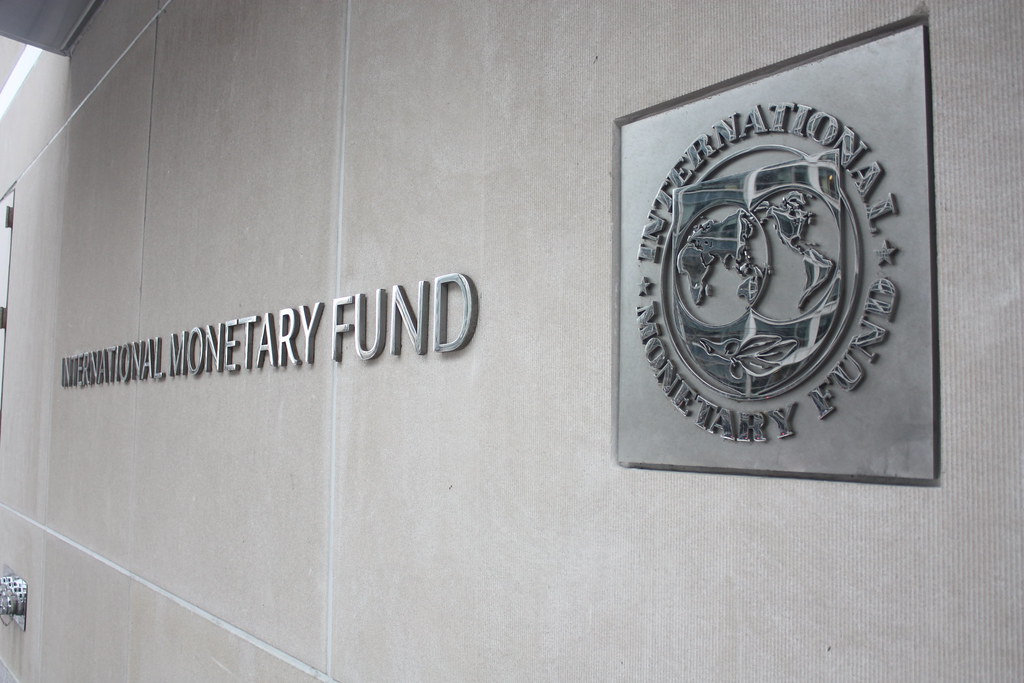The International Monetary Fund (IMF) has raised concerns over Nigeria’s high cryptocurrency adoption, warning that it poses significant risks to its foreign exchange stability, capital flow management, and anti-money laundering (AML) framework.
In its latest Nigeria Article IV Consultation report, the fund revealed that Nigeria recorded over $59 billion in crypto transactions between July 2023 and June 2024, placing the country among the top three globally in cryptocurrency adoption.
Why is crypto adoption high in Nigeria
The IMF report attributes Nigeria’s high crypto adoption to multiple economic challenges, including currency depreciation, high inflation, and restricted access to foreign exchange.
Many Nigerians have turned to stablecoins like USDT to hedge against the naira’s volatility and as an alternative channel for cross-border transactions.
The body warned that “the widespread use of crypto assets for cross-border transactions could undermine FX regulation and increase illicit capital outflows. ”
This trend presents a complex dilemma for Nigerian authorities. On one hand, cryptocurrency provides citizens with financial tools to navigate economic hardship. On the other hand, it threatens to weaken the Central Bank of Nigeria’s ability to manage monetary policy and maintain financial stability.
The organization particularly emphasised how crypto adoption could exacerbate capital flight, distort foreign exchange markets, and facilitate illicit financial flows.
While Nigeria has taken steps toward cryptocurrency regulation, including the SEC’s Digital Assets Rulebook and licensing framework for virtual asset service providers, the IMF noted significant gaps in enforcement.
Many crypto platforms continue to operate without proper oversight, creating vulnerabilities in the financial system.
“A coordinated and enforceable legal framework for crypto assets is urgently needed,” the IMF stressed in its report.
The Central Bank of Nigeria (CBN) faces particular challenges in balancing financial innovation with stability. After lifting its crypto ban in late 2023, the CBN has yet to implement a comprehensive regulatory framework, leaving room for unmonitored crypto activity.
The IMF urged Nigerian authorities to strengthen supervision, enhance interagency coordination, and align policies with global anti-money laundering standards set by the Financial Action Task Force (FATF).
Nigeria’s regulatory push on crypto
In response to these concerns, Nigerian regulators have begun implementing measures to bring cryptocurrency under greater oversight.
The launch of the cNGN stablecoin in early 2025 represents an attempt to provide a regulated digital alternative to private stablecoins.
The SEC has also mandated that all virtual asset service providers maintain a physical presence in Nigeria and comply with reporting requirements.
In conclusion, the IMF’s recommendations include clarifying the tax treatment of crypto assets, improving cross-border monitoring of crypto flows, and investing in digital payment infrastructure to provide viable alternatives to cryptocurrency.
As Nigeria tackles these challenges, it could set a model for other African nations facing the same struggle of crypto growth outpacing regulation.











